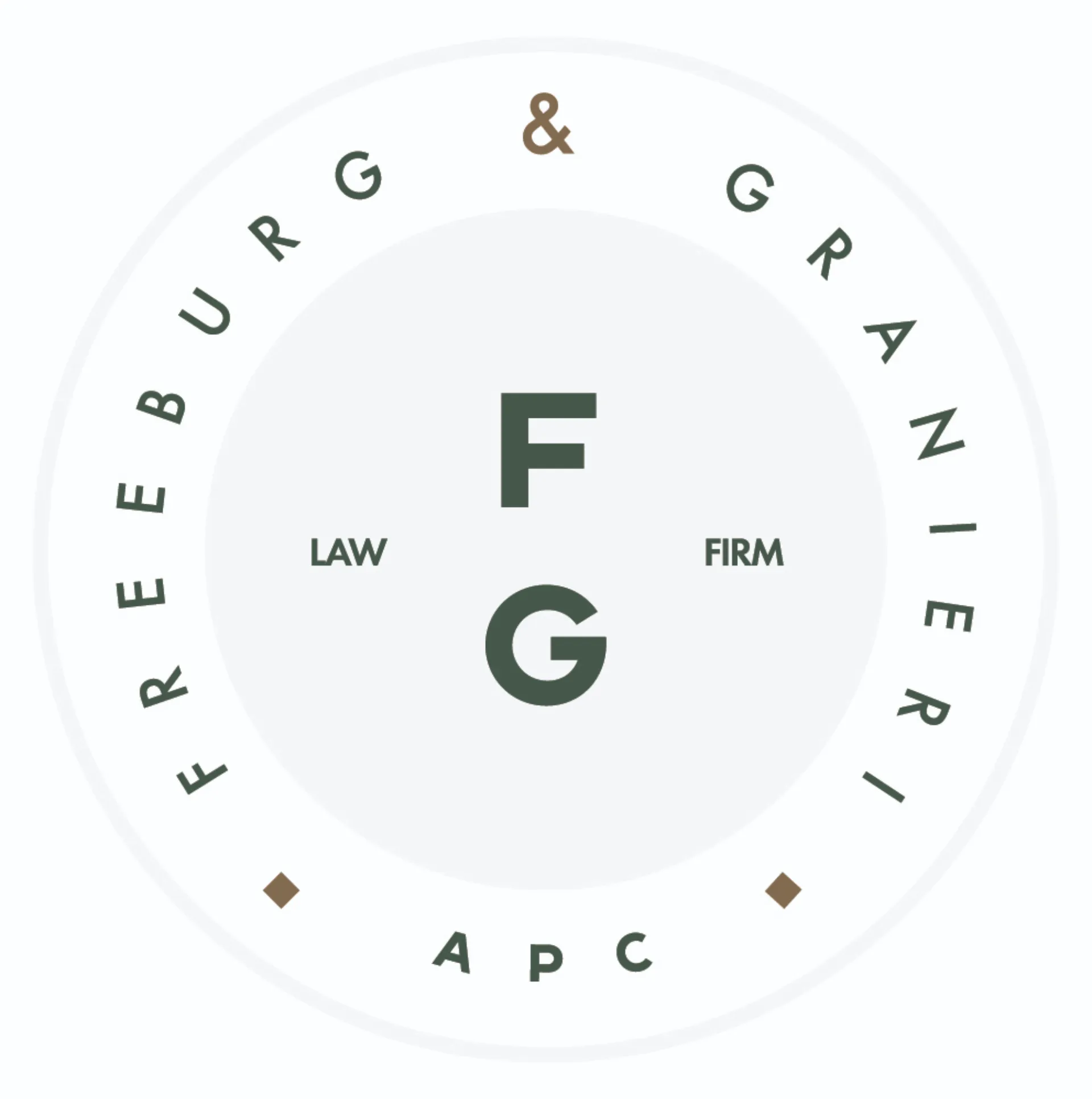
Welcome to Freeburg & Granieri, APC's comprehensive guide to the CFRA Eligibility Checklist. If you're an employee or employer in California, it's crucial to understand the rights and benefits offered by the California Family Rights Act (CFRA).
This guide will walk you through the CFRA Eligibility Checklist, providing valuable insights to determine eligibility, ensure compliance, and maximize the benefits available.

The CFRA Eligibility Checklist serves as the foundation for determining whether an employee is eligible for CFRA protections and benefits. By meeting the checklist requirements, employees gain access to job-protected leave for qualifying family and medical reasons.
To be eligible for CFRA benefits, employees must meet certain criteria related to their employment. The CFRA Eligibility Checklist defines qualifying employment requirements, such as working for a covered employer, accumulating the necessary work hours, and maintaining job tenure.
CFRA protections apply to employees working for covered employers. Covered employers include private companies with 5 or more employee50 or more employees within a 75-mile radius and public agencies. Checking whether your employer falls under this category is the first step towards CFRA eligibility.
Employees must have worked for their employer for at least 12 months to meet the CFRA Eligibility Checklist. These 12 months do not have to be consecutive, but they must have occurred within the past seven years.
Whether you're a full-time or part-time employee, the duration of your service is a crucial factor in determining eligibility.
CFRA benefits are available to employees who have maintained job tenure with their employer. To meet the CFRA Eligibility Checklist, an employee must have worked a minimum of 1,250 hours during the 12-month period preceding the start of the leave.
This requirement ensures that employees have made a substantial commitment to their workplace.
The CFRA Eligibility Checklist also outlines the qualifying reasons for CFRA leave. Employees may take CFRA leave for various family and medical situations, including the birth or adoption of a child, caring for a family member with a serious health condition, or the employee's own serious health condition. Understanding these reasons is essential to determining your eligibility.
When seeking CFRA leave, employees may need to provide medical certification or documentation to validate their need for leave. The CFRA Eligibility Checklist guides employees on the proper process for obtaining certification from healthcare providers and outlines the employer's responsibilities in requesting such documentation.
One key aspect of CFRA eligibility is understanding the duration of leave an employee is entitled to. The CFRA Eligibility Checklist specifies that eligible employees can take up to 12 workweeks of unpaid leave within a 12-month period.
However, some scenarios may allow for an extension of the leave duration, subject to certain conditions.
Reintegration into the workforce is a crucial aspect of CFRA eligibility. The CFRA Eligibility Checklist highlights the importance of employees returning to their previous position or an equivalent one upon concluding their CFRA leave. Employers must ensure compliance with the law to protect the rights of eligible employees.

While the CFRA Eligibility Checklist covers the primary requirements, there are additional factors to consider. Theare are some finer details that may come into play, such as intermittent CFRA leave, concurrent usage with other leave laws, and the interplay between CFRA and the federal Family and Medical Leave Act (FMLA).
By meeting the CFRA Eligibility Checklist, employees gain access to important rights and protections. There are specific benefits and safeguards available to eligible employees under CFRA, including job security, continuation of health benefits, and protection against retaliation.
Understanding the documentation requirements associated with CFRA eligibility is crucial for employees and employers alike.
There are certain types of documentation that may be requested, and as anen employer it is crucial to keep medical records confidential, and to understand the responsibility that comes with handling sensitive information.
Navigating CFRA eligibility and related issues can be complex. There is importance in seeking professional guidance and assistance to ensure that employees understand their rights, can effectively communicate with their employers, and receive the benefits they are entitled to under CFRA.
By taking the time to understand the checklist requirements, both parties can foster a positive work environment that values work-life balance and supports the well-being of employees and their families.
When facing CFRA eligibility concerns, it's crucial to have expert legal guidance by your side. Freeburg & Granieri, APC, is a trusted law firm that can help with CFRA matters.
Our experienced attorneys can provide personalized advice and assistance tailored to your specific situation.
Whether you're an employee seeking to understand your rights or an employer looking to ensure compliance, our team is dedicated to helping you navigate the complexities of CFRA eligibility.
The CFRA Eligibility Checklist serves as a vital resource for both employees and employers seeking to navigate the complexities of the California Family Rights Act.
By understanding and adhering to the checklist requirements, employees can exercise their rights to job-protected leave, ensuring their well-being and that of their families.
For expert advice and guidance on CFRA eligibility, Freeburg & Granieri, APC, is here to assist you.
While there are similarities between CFRA and the federal Family and Medical Leave Act (FMLA), CFRA eligibility specifically applies to employees working in California, while FMLA eligibility extends to employees across the United States.
Yes, part-time employees can qualify for CFRA benefits as long as they meet the eligibility requirements, such as working for a covered employer and accumulating the necessary work hours.
Yes, certain employers may be exempt from CFRA coverage, such as small businesses with fewer than 50 employees or those located outside the defined coverage area.
Our clients become friends, confidants, and repeat customers. Former clients are our best referral source.
Do not be a commodity, find an attorney who treats your legal issue with the care it deserves.
